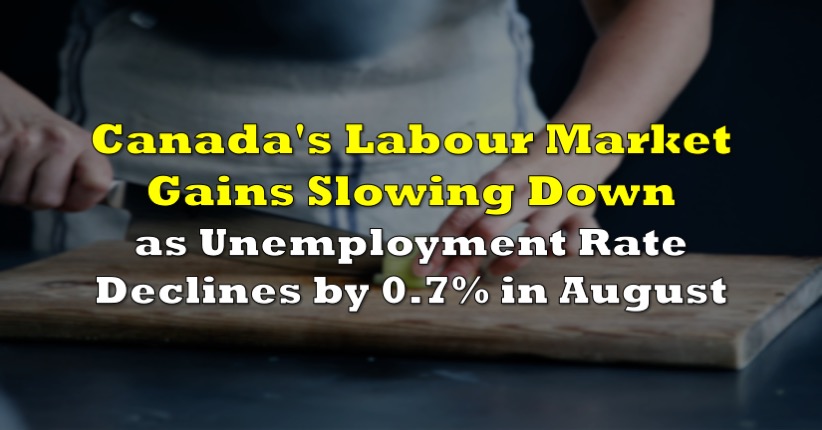Annual inflation levels across Canada jumped to 2.2% in March, largely due to the drop in prices a year ago during the onset of the pandemic.
In March, the CPI increased 2.2% year-over year, up from a 1.1% gain in the previous month. According to Statistics Canada, the sharp increase partly due to base effects stemming from the onset of the Covid-19 pandemic in March 2020, when prices fell 0.9%. On a month-over-month basis, CPI rose 0.5%, and excluding energy, CPI inched 1.1% higher from year-ago levels.

The statistics agency also attributes the latest strong price growth to an increase in consumer confidence and an improvement in the labour market, as some health restrictions eased across certain key regions. Prices increased from year-ago levels in five of the eight major categories, with transportation and shelter leading the gains. In contrast, Canadians paid less for clothing and footwear, and for household operations, furnishings and equipment.

Another large part of the latest CPI increase was attributed to higher consumer energy prices, which rose 35.3% from last year’s levels, marking the sharpest increase in gasoline prices since 2000. The price surge was mostly due to higher global oil demand, combined with ongoing production cuts by OPEC+. In addition, lower prices in March 2020 also had an effect on the overall year-over-year increase last month, due to the base-year effect. At the beginning of the pandemic, global oil prices fell significantly as demand dropped amid lockdown orders. Similarly, natural gas prices also rose in March 2021, by 14.1%.

Shelter prices also recorded a surge last month, rising by 2.4% year-over-year. The homeowners’ replacement cost index, which is linked to new home prices, rose 7.9% from March 2020, amid soaring building material costs and skyrocketing demand for single-family homes. However, the jump in the index was also partially offset by a decline in the mortgage interest cost index, which fell by 6.3% year-over-year.

Consumers also continue to pay more for groceries, as the food purchased from stores index remained steady at 1.3% in March— the same increase reported a month earlier. Canadians paid 11.4% more for eggs relative to year-ago levels, and 2.4% more for dairy products. Albeit these grocery items were the main contributing factor to higher overall prices, the demand for eggs dropped significantly during the early days of Covid-19 lockdowns, when restaurants and other food services were forced to temporarily close.
Information for this briefing was found via Statistics Canada. The author has no securities or affiliations related to this organization. Not a recommendation to buy or sell. Always do additional research and consult a professional before purchasing a security. The author holds no licenses.









